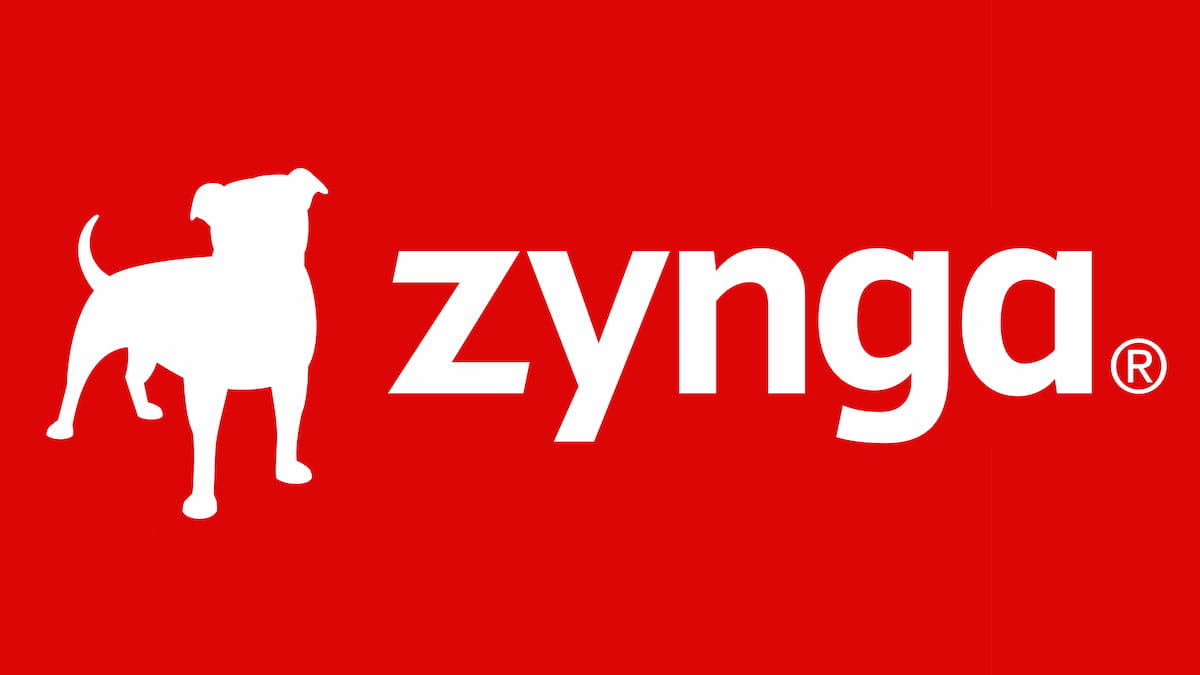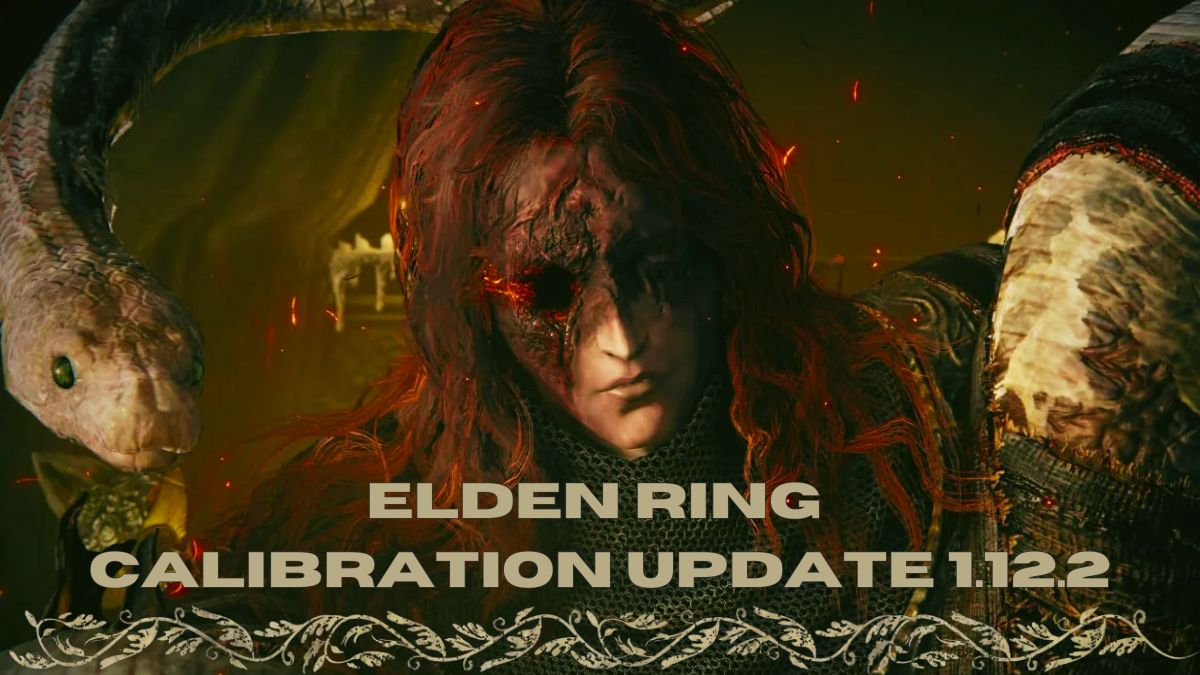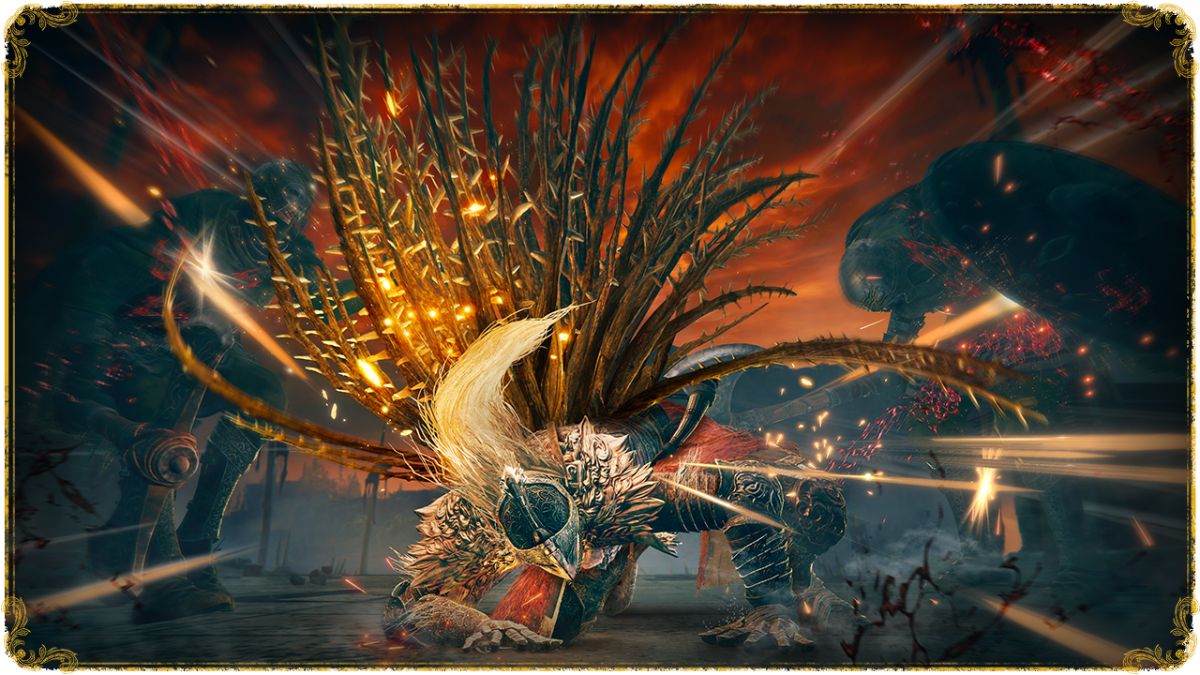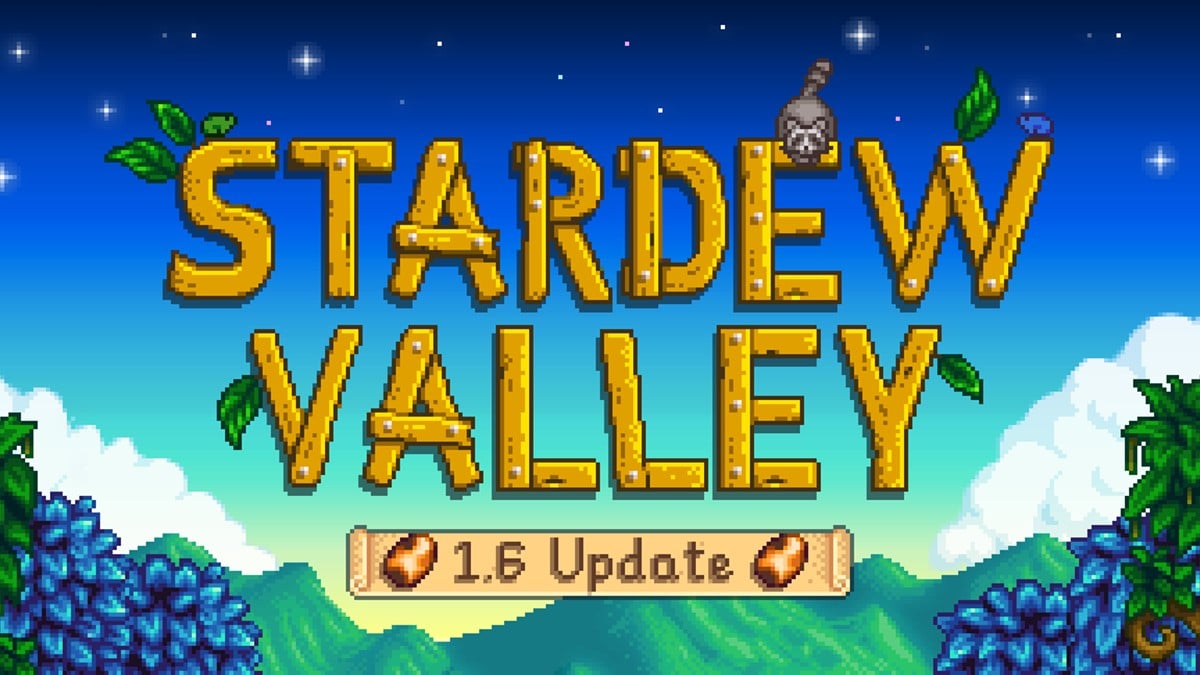Cryptocurrency has been under heavy scrutiny over the last several weeks, with Steam banning blockchain-based games from its storefront and Discord losing Nitro subscribers after teasing NFT integration to the platform. Other companies are taking a more optimistic view of the latest crypto fad du jour, however, including mobile games behemoth Zynga.
After hiring Matt Wolf as its vice president of blockchain gaming earlier this week, Zynga president Bernard Kim chatted with GamesIndustry.biz about the company’s future with blockchain, NFTs, and crypto in general. Kim certainly seemed passionate about the idea of incorporating blockchain into the company portfolio, mentioning that Zynga’s executive team is “kind of into the space,” along with board chairman Mark Pincus and board advisor Bing Gordon.
But when pressed on the numerous issues inherent in NFTs and blockchain tech and how Zynga intended to combat them, Kim was noticeably cagey. “We’re focused on maintaining a secure, inclusive, and eco-friendly approach as we enhance this player experience,” he said in response to a question about the environmental impact of blockchain. How exactly a glorified and unenforceable transactional ledger could be made “secure,” a pseudo-economic system based exclusively on artificial scarcity made “inclusive,” or a tech fad that by some calculations has the same annual environmental impact as entire countries made “eco-friendly” was not elaborated upon.
Kim did not hit on many specifics in the interview, in fact, except for a brief aside talking about ways of incorporating NFTs into their games, including NFT-ified FarmVille assets and CSR racing cars. Kim added, “I do think our assets could be highly valuable.” He then compared having a one-of-a-kind ultimate dragon in Merge Dragons to owning expensive property in LA — ignoring the fact that expensive property is at the very least limited by physical space, unlike digital content. “It’s something not everyone can have, but when you have it, you want to hold onto it for a long time,” said Kim.
When it was pointed out that Zynga — and indeed most developers and publishers — already has the ability to create a unique item and give or sell it to a single player, Kim doubled down: “It’s harder than… The technology around blockchain provides us a lot easier ability to track that across experiences.” It’s hard to imagine the specific benefits that blockchain would provide over the colossal amount of data and metrics that companies like Zynga already regularly gather on their players, but Kim did not elaborate further.
Many other questions in the interview were met with non-committal variants on “we have nothing to announce.” These included such subjects as the executive team’s personal investment in crypto, whether Zynga’s theoretical blockchain games would somehow make it to existing platforms (such as the Apple App Store or Google Play, both of which seem to take a dim view on any infrastructure that would circumvent their own systems), and whether Zynga would host NFTs from other companies in their own games, one of the possible benefits of the system most touted by enthusiasts.
All in all, the interview seemed a curious mix of earnest emphasis on Zynga’s interest in blockchain technology and a desire to keep the specifics at arms’ length. Kim could have simply been keeping his cards close to his chest, or the company may simply not know or understand the potential ramifications of their move into the crypto space. Perhaps their new VP of blockchain gaming will be able to steer the good ship Zynga away from the rocks, but in any case, many will no doubt be waiting with bated breath to see the company’s next move.







Published: Nov 10, 2021 11:47 am